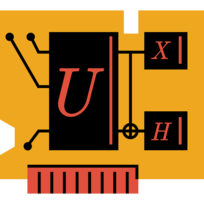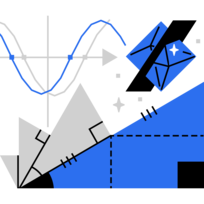Courses
Learning Paths
Step-by-step paths to mastery

Foundational Math
Master essential skills in Algebra

Advanced Math
Master essential skills in calculus and linear algebra

Computer Science & Programming
Develop skills in programming and algorithmic thinking

Data Analysis
Master key skills in probability and data analysis

Science
Master key scientific ideas & technologies of the future
Browse all 90+ courses
Special Topics
Dive into hands-on problem solving and feed your curiosity
Technology
Enrichment
Explore topics that take your math skills to new heights
High School
Puzzles
Flex your mind with puzzles for every level
Introductory
© 2024 Brilliant Worldwide, Inc., Brilliant and the Brilliant Logo are trademarks of Brilliant Worldwide, Inc.



























































































